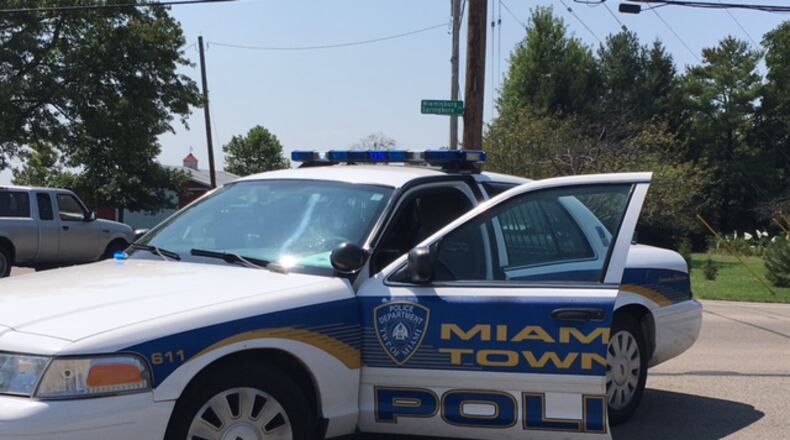The collective bargaining agreement, which was greenlighted by the township’s board of trustees during its regularly scheduled meeting Tuesday, also grants a one-time, lump sum payment of $1,700 for back pay.
“Their contract expired February of 2020, so from the time the contract expired to the time it was ratified, that’s going to be their back pay,” Stiegelmeyer told this news outlet.
Also changed under the contract is the buyout of sick leave upon an officer’s retirement to a 1-to-1 rate of 1,000 hours of sick leave, then after that to a 3-to-1 buyout for 1,001 hours up to a maximum of 2,080 hours, he said.
“Our sergeants contract currently gives the sergeants a 1-to-1 up to 1,250 hours, so ... when you have internal comparables, if it goes to arbitration sometimes, the arbitrator tends to side with internal comparables,” Stiegelmeyer said. “I’m just trying to voluntarily align things at a much more equitable rate.”
The agreement also “cleans up” language in the police contract while seeking to minimize costs, including removing employee performance evaluations from the grievance process, he said.
“While they still can have the right to not agree with it, it’s just not an appealable action,” Stiegelmeyer said. “Anytime we have something in the contract that can come to arbitration, all this equates to dollars and cents. If they don’t like it and they decide to file a grievance upon on it, now it becomes a financial matter as well.”
Under the new contract, the township may put an officer on paid administrative leave without requiring just cause, he said. The department also can create a problem-oriented policing unit with a 6-month window to try it out instead of having only 60 days before it becomes a permanent assignment, Stiegelmeyer said.
“That’s not a very long period of time, from an intelligence-led policing format, to gather data, adjust that data and say ‘Is this what we’re actually trying to achieve,” he said.
The new Miami Township Police Officers Union replaced the Fraternal of Police organization last year, a decision made by the township’s officers, Stiegelmeyer said. Contract negotiations between the township and the union were “a very smooth and transparent operation,” he said.
“I couldn’t be more pleased with the open dialogue, open communication throughout the entire process,” Stiegelmeyer said.
The contract helps the police department become more competitive with area agencies in salary and benefits, which established it as a “destination” agency and not a “starting” agency, he said.
About the Author

